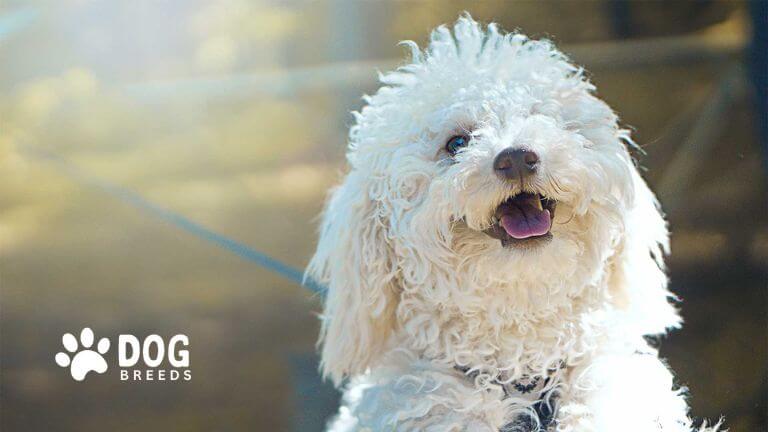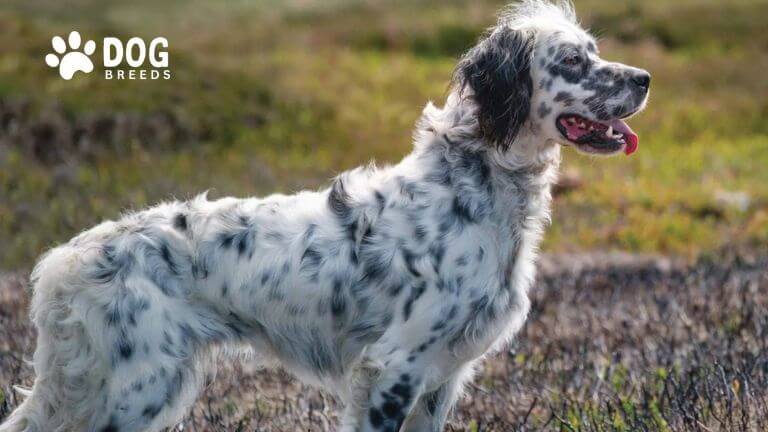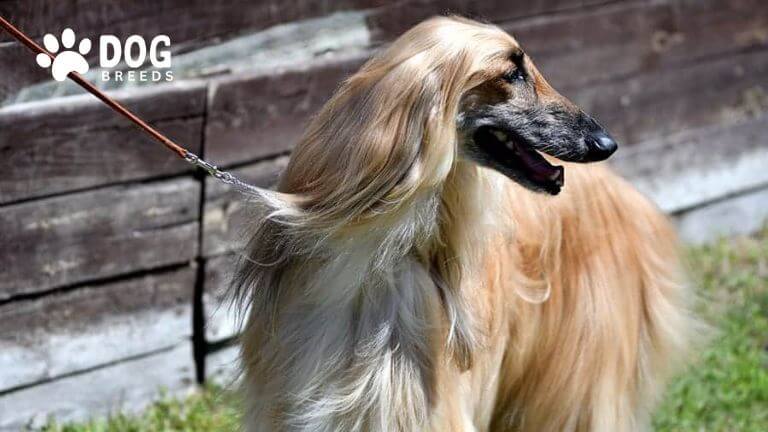Morkie Dog Breed: Care, Personality, Traits & Health Guide
The Morkie is a delightful hybrid breed, combining the charm of the Maltese and the Yorkshire Terrier. Known for their small size, big personalities, and affectionate nature, Morkies are highly popular among dog lovers seeking a loyal companion. Their adaptability and playful demeanor make them ideal pets for individuals and families alike.
Morkie Physical Traits
- Size: Morkies are small dogs, typically weighing between 4 and 8 pounds. They stand around 6 to 10 inches tall at the shoulder.
- Coat Types: Their coats are soft and silky, often resembling their Maltese parent. They can have straight or slightly wavy fur.
- Colors: Common coat colors include black, white, tan, brown, and combinations of these shades.
- Unique Features: Morkies often inherit the floppy ears of the Maltese and the bright, inquisitive eyes of the Yorkshire Terrier.
Morkie Temperament

- Personality Traits: Morkies are loving, energetic, and friendly. They are highly attached to their owners and thrive on companionship.
- Energy Levels: Despite their small size, Morkies are active and playful. They enjoy short bursts of energy but are also content to relax on your lap.
- Behavioral Tendencies: They can be a little stubborn during training, but their intelligence makes them quick learners with positive reinforcement.
- Family Interaction: Morkies are excellent with families, including older children. However, due to their size, they should be supervised around younger kids.
- Other Pets: With proper socialization, they usually get along well with other pets, though they may exhibit a “big dog” attitude at times.
Morkie Health and Care
- Common Health Issues:
- Dental problems: Regular brushing is essential.
- Hypoglycemia: Ensure consistent feeding schedules.
- Collapsed trachea: Use a harness instead of a collar during walks.
- Allergies: Monitor for skin irritation and food sensitivities.
- Preventive Measures:
- Regular vet check-ups.
- Vaccinations and parasite prevention.
- Weight management to avoid joint strain.
- Grooming Needs:
- Brush their coat 2–3 times a week to prevent tangles.
- Schedule regular grooming appointments.
- Bathe monthly or as needed with dog-safe shampoo.
- Dental Care: Brush teeth daily and use vet-approved dental chews.
- Exercise Requirements: 20–30 minutes of light exercise daily, such as short walks and indoor play.
Morkie Feeding Guidelines
- Nutrition: Choose high-quality dog food suitable for small breeds.
- Meal Schedule: Feed 2–3 small meals daily to prevent low blood sugar.
- Dietary Concerns: Avoid table scraps and foods toxic to dogs, like chocolate, onions, and grapes. Consult a vet for specific dietary needs.
Morkie Training and Socialization
- Training Tips:
- Start training early using positive reinforcement techniques.
- Be consistent and patient to manage their stubborn streak.
- Use treats and praise to encourage good behavior.
- Socialization Strategies:
- Expose them to various people, pets, and environments during puppyhood.
- Enroll in puppy training classes for structured learning.
- Breed-Specific Challenges:
- Address barking tendencies by teaching commands like “quiet.”
- Encourage leash training early to prevent pulling.
Morkie Suitability
- Ideal Owners:
- Singles, couples, or families who can provide ample attention.
- Apartment dwellers, as Morkies, adapt well to small spaces.
- Living Environment:
- Best suited for indoor living with occasional outdoor time.
- It’s not ideal for homes with rough play or larger pets.
Morkie Fun Facts and Unique Traits
- Morkies are sometimes called “designer dogs” because of their mixed heritage.
- They don’t shed much, making them a great choice for allergy sufferers.
- Their playful antics and loyalty often earn them nicknames like “Velcro dogs.”
By understanding the Morkie’s needs and characteristics, potential owners can provide the best care and enjoy a loving bond with this spirited breed. Whether you’re considering adopting or already own a Morkie, these tips will help you nurture a happy, healthy pup.
There are plenty of dog breeds to suit all kinds of lifestyles and homes. With a little research, you can find your next best friend!
FAQs
Is a Morkie a good dog?
Morkies are generally excellent companion dogs, especially for those seeking a small, affectionate, and loyal pet. They combine the loving nature of the Maltese with the playful energy of the Yorkshire Terrier. However, they require consistent training and socialization to manage their lively temperament. Their small size makes them ideal for apartments, but they are best suited to homes where they receive ample attention and care.
Are Morkies high maintenance?
Yes, Morkies are considered high-maintenance dogs. Their grooming needs include regular brushing (3–4 times a week) to prevent matting, professional grooming every 6–8 weeks, and dental care to avoid periodontal disease. Their energetic nature also demands regular exercise and mental stimulation to prevent boredom. Additionally, they can be prone to separation anxiety needing close companionship.
What are the issues with Morkies?
Morkies inherit health risks from their parent breeds, including:
- Patellar luxation (knee dislocation)
- Periodontal disease, common in small breeds
- Tracheal collapse, which causes a “goose honk” cough
- Liver shunts, affecting their metabolism
- Their small size also makes them fragile, requiring care around children and other pets. Behaviorally, they may develop separation anxiety if left alone for long periods.
Why are Morkies so expensive?
Morkies can be costly due to their designer breed status, small litter sizes, and high demand. Breeding them responsibly requires careful genetic pairing to avoid health issues, further driving up the price. Additional costs for their care, such as regular grooming and specialized diets, add to their overall expense.
- Why Are Dalmatians Not Popular? Uncovering the Truth Behind the Rarity of This Iconic Breed - April 16, 2025
- Top 15 Chinese Dog Breeds: Discover the Best Dogs from China - April 14, 2025
- Dalmatian Dog Breed: History, Care, Personality & Health - April 3, 2025







